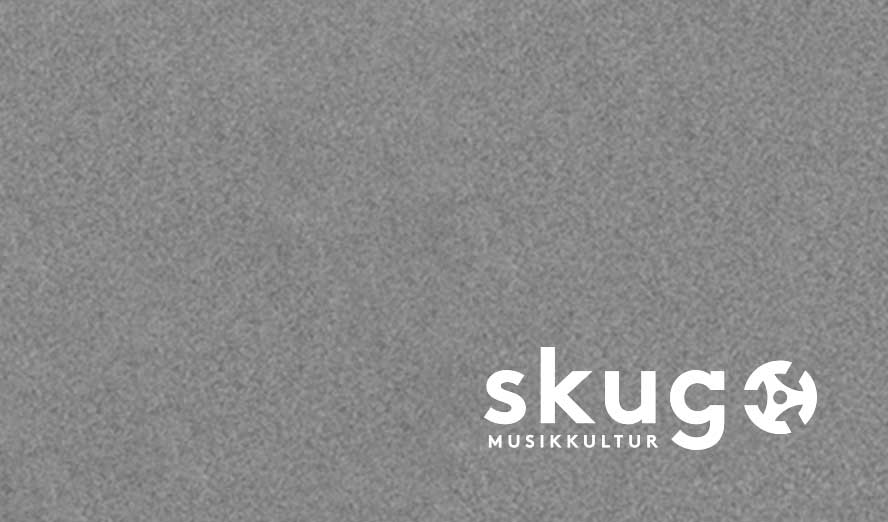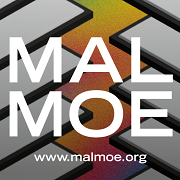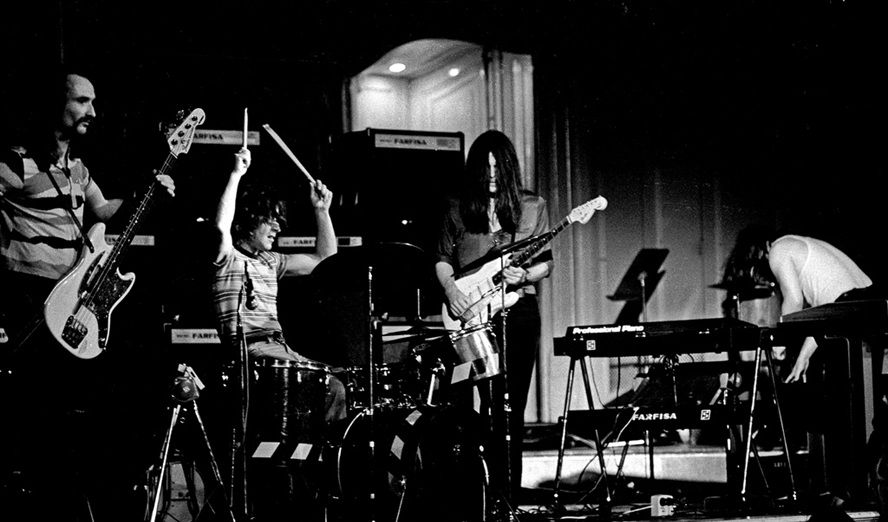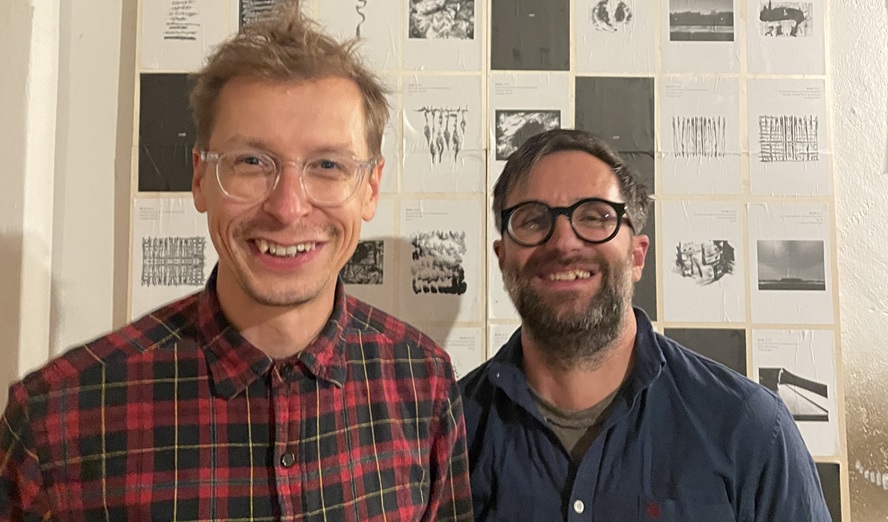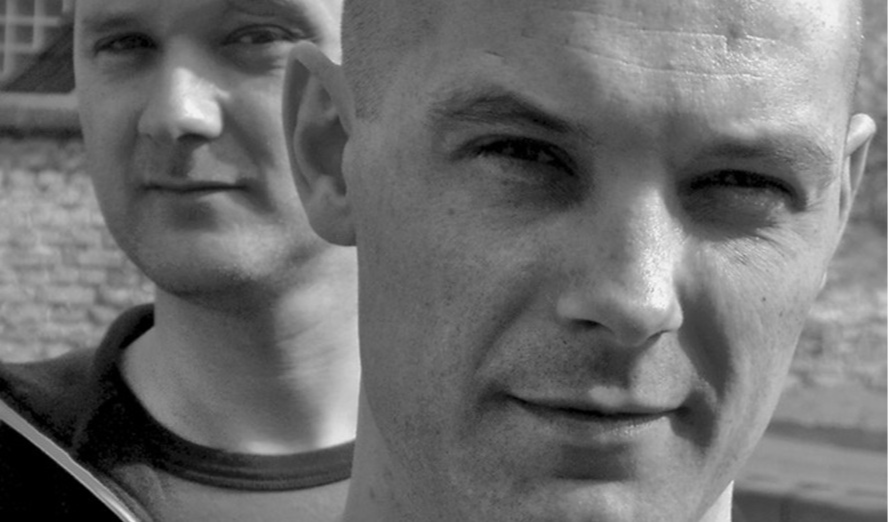global network
Major target number two is not so far from being reached either: to evade being categorized in any way. When Mego was formed from splinters of the techno label Mainframe in 1994, it was still part of the techno network with its clubs, fans and distribution channels. Some undanceable records and sounds unsuitable for chill outs later the positions are clear.
Today Mego stands for itself: as a forum for experimental electronic musicians, however, moreover as a platform for all possible kinds of electronic communication, such as the Internet, live concerts and records.
In the meantime the number of releases and of musicians surrounding the heart of Mego, Bauer/Rehberg/Frank/Pieper, is growing. This autumn another series of new records is going to be released, some new discoveries like Florian Hecker from Augsburg as well as Mego debuts from old friends like Fuckhead or Gerhard Potuznik. We\’ll wait and see.
Mego as a production machinery of unusual electronic music, Mego as central point within a network of like-minded people from all over the world who actively communicate with each other. If the release schedule does not provide for another »home band«, other labels, such as Source, Touch or its sublabel Tray stand in as well as acts from other labels like Merzbow – or – as mentioned before – Fuckhead – also do Mego releases. Above all stands the network idea.
lots of jokes
However, an overall definition is no longer valid when someone starts talking about the music, content or way of approaching. The approaches of the individual actors are too different so that every generalizing statement would be wrong. For example, let\’s take Peter Rehberg alias Pita who likes himself being called »chief ideologist«. He formulates clearly and always in English, is experienced in art concepts, knows the basics of industrial music by heart and often refers to Dada and Duchamps. His contributions rather have a kind of theoretical basis and are far away from conventional music understanding. He loves to ask tricky questions and enjoys it when people fall into his traps, because »a lot of it is just jokes«.
After all, Duchamps does not mean that much to Mego as Deleuze does to Milles Plateaux. Pita\’s views are only valid for himself and do not necessarily reflect the label philosophy and are in no way label manifesto. Pita rather represents the »radical wing« of the label.
In contrast, Ramon Bauer (own definition »Mego bookkeeper«) seems to deal with this matter in a more intuitive way and with a certain kind of childlike naivety. Together with Rehberg he explores the unknown territory in electro-acoustic music, such as on the CD »Faßt«, recently released by Touch. »Faßt« contains their highlights from 1996, compressed from 16 to 8 bit sampling frequency, therefore adding a digital sharpness to the whole piece – comparable to a distortion effect. At the same time, Bauer together with Andi Pieper, the Mego man in Berlin, forms the duet General Magic where in turn they often work with pop music elements. Their first full length CD »Frantz«, dedicated to no less a person than Franz Klammer contains »old-fashioned« things like melodies, harmonies and clear rhythm structures reflecting some kind of enthusiasm and enjoyment every now and then. Needless to say that »Frantz« is, however, miles away from this earth\’s hit parades.
heavy listening
Not miles but light years away is the third newer release, the collaboration of the Englishman Russell Haswell (also a friend and intermediary of the label) with Merzbow (»Ich schnitt mich in den Finger« (I cut my finger)). The 12inch was recorded live at the Mego studio one day after the Merzbow concert in the Vienna Flex and contains Merzbow\’s typical sound terrorism, however, it seems more structured and constitutes an exception in so far as all three Merzbow performers participate. Normally Akita does the recording on his own. The record sounds like altered interference coming out of defect synthesizers or like trampling on a cable salad with loose connections. Each track is followed by a lead-out groove – therefore it\’s impossible to do the washing up or play computer when listening. Either you pay attention or you leave it. By the way, Haswell really cut his finger at a »Mego vs. Sabotage« event in Vienna.
Interference, mistakes, coincidences and defects as sound sources do play a central role for many Mego acts. Recently in this magazine Christian Fennesz already talked about the tonal charm of his sampler when messing around (skug No. 28). Rehberg and Bauer also enjoy collecting and sampling interference or defect digital effect devices which serve as a basis for their tracks. For Pita mistakes and coincidences constitute the most creative element in the age of digital information, because they counteract perfection:
»Art in general is a kind of mistake. If everything is programmed you know what\’s going to happen and this is boring. We need mistakes, otherwise we could also be robots and do nothing«, he told the magazine »Frontpage«.
It\’s not accidental that at most Mego live performances improvisation and real time manipulation constitute an important factor. For instance, the only thing Farmers Manual think about is which equipment they are going to take with them.
The improvisation talent also extends to the ambiance of a Mego night. Pita is rather astonished when everything works according to plan, as he comments on an evening at the Szene Wien in Internet newsletters. Incidents like unexpected reactions of the audience or of the organizers or the »beer over the notebook syndrome« do happen much more often and cause amusement amongst the actors.
And all of a sudden nobody really wonders about Mego joining the free jazz improvisation scene, as recently in Nickelsdorf. The Mego acts show a possible way out of the techno dilemma of ready-made tracks, which are – when played live – equal to record playing even if the filters and envelopes are slightly manipulated.
break the code!
While on the first Mego album covers goodies like liner notes, explanations, remarks – although not always taken very seriously – helped in dealing with the product, such information is no longer provided. One could call himself lucky if he found the track listing on the recent covers. The covers, still designed by Tina Frank (and recently also by Heike Neihl from Berlin), reinforce the impression that Mego releases are »products for eternity« and that you can listen to them over and over again without being able to completely decode the work. The Mego creators always say that they want to wake people\’s collecting passion as they are passionate collectors of objects themselves. Mego No. 007 is the legendary work jacket with company logo, Mego No. 013 could be a ladder (big question: why?). Mego CDs are not stuck in the obligatory plastic box, but in an envelope made of carton with unconventional dimensions. Having several of them standing side by side on your shelf the collector\’s heart begins to pound. However, collectors of Mego releases have to hurry up: the early 12inches are already sold out, the rest will only be available for a short period of time. There is no need for Mego to complain about lack of demand from abroad, also because the Vienna hype becomes more and more grotesque.
As encoded as Mego releases seem to be, a joyride on the data highway should cast some light on the matter. The Mego box, as their homepage is called, provides lot of information and gimmicks. Almost every live event of a Mego protagonist since the legendary phono.TAKTIK festival is listed in the newsletters, commented by Peter Rehberg in a funny, sometimes whimsy manner. At M.DOS you may order all Mego releases as well as a bunch of records from friendly labels o
r just listen to them and get lost »as long as you don\’t ash on the carpet«. The Megomat is a sequencer which helps you to create your own Mego track with ready-made sounds. At a virtual MS-20-Synthie you may adjust the buttons with a mouse click and then listen to the result. Furthermore, there is Radio Duchamps, a kind of pirate radio on demand, and the sublabel Falsch which only exists on the Internet and offers outtakes and rare live recordings of Mego acts or friends.
behind the machines
skug: Has anything changed in the way of approaching since your first release, the »Fridge Trax«?
Ramon: Not in principle. It\’s still funny and interesting. I feel confident of continuing in this way.
Pita: I think the main difference is that at the beginning we had no idea if anyone would listen to it. We didn\’t know if there would be 10 or 1000 people. Since we know how many there are or that some boisterous freak in Michigan will enter his record shop in order to buy the new Mego record, our way of approaching has changed.
Ramon: But there is also refusal from certain groups. What really has changed is the distribution channel which now has nothing to do with techno anymore. The whole matter was globalized in the positive sense of the word.
Pita: This was possible by means of the Internet, e-mail and fax, all those easy ways of communication. Thus, we are able to reach those six people in every small town who might be interested in our music.
Ramon: However, there are still many growing markets. We haven\’t been to Mongolia and Vorarlberg yet. We have been to Germany but this doesn\’t make sense.
Pita: Playing in Germany isn\’t fun.
skug: I have the impression that you provide a lot of clear information on the Internet, while the CDs and records rather cause disinformation, irritation, disturbance. For example, the speed at which the vinyl singles should be played is never indicated and the right one is not always easy to find out in case of Mego music.
Pita: At the first time we forgot it…
Ramon: We don\’t want to make it too easy for the people. That\’s the thrill about it. You may listen to it several times without having found out everything. For me it\’s always interesting to see how long something remains exciting and when it\’s over.
Pita: We produce something and throw it on the market. From that moment on it\’s up to the people what they do with it: throw it away, use it as an ashtray, play it on 33, 45, 78 or 16 rpm …
Ramon: Of course, this has something to do with a long-term experience that should exist with our products. At the beginning Mego was involved in the whole techno scene, however, there were some points we didn\’t like, for instance, that a record, which comes onto the market, was sold out and old after four weeks. We want the records to remain interesting even when we\’re dead already or whenever. That\’s why at the beginning the idea of making perfectly designed covers seemed a bit out of fashion. But this has changed nowadays.
skug: However, you can never be sure how the next Mego release will sound like. Everything seems to be possible here.
Pita: That\’s the crucial point in case of our label. I like the idea of a label as a kind of open forum for all types of experimental music, like Mute was at the beginning. My first Mute record was, of course, a Depeche Mode single. The cover said »Mute 15« or something like that, i.e. there had to be 14 other records. Then I found out that one of them was a noise record, one from a kind of rock band and one could be played at different speeds. I think it\’s dangerous for a label to have a »typical« sound. It\’s like buying cornflakes with different flavors which all taste the same in the end.
skug: Sometimes your live sessions turn out to be very quiet and minimalistic. That\’s why many people consider your music as »difficult«, hard to comprehend and also boring in some way.
Ramon: That\’s a general problem at the Mego nights. That\’s why I like to play in a characteristic environment which takes part and forms a unity with the music. Unlike a rock band we can\’t act for the stomach or for the eye, except I might throw a 303 off the stage. And the people don\’t see our equipment as played instruments either. At the phono.TAKTIK festival the location was perfect (subway passage, author\’s note). Soon we\’ll play at the Ars Electronica on an excursion boat, recently Farmers Manual played in a gondola of the Vienna Giant Wheel during the Illbient festival. It works out best when the right surroundings are combined with acoustics and visuals. Much better than if you just put us in a club. However, this also depends on the organizer.
Pita: Normally the people find it boring, because it\’s quiet or not structured enough. Especially in the last years more quiet music with fine, microtonal structures is created. That\’s a reaction to the fact that people no longer really listen to music. Today you hear music on the radio or in clubs where you don\’t actually sit down and listen. That\’s why nowadays it\’s interesting again to make quiet music because it forces people to listen. You can never turn on a Locust record and do the washing up at the same time. You wouldn\’t hear anything.
skug: But that\’s also a question of what you expect. When I go to a concert at the Flex first of all I expect to be entertained, whereas at a Ligeti concert in the Konzerthaus [Vienna Concert Hall] I expect myself to listen with concentration. However, in your case this all comes together in some way.
Ramon: That\’s right, it\’s kind of a borderland. You can be perfectly entertained by us. There are people who have a real good time. On the other hand, I actually like it when the audience is concentrating on what is going on.
skug: Peter, you recently played with Fennesz at the Konfrontationen festival in Nickelsdorf, together with the Music in Movement Electronic Orchestra, directed by Keith Rowe. Did you have any problems playing in that free improvisation context?
Pita: It wasn\’t weirder than playing at a techno party. We caused some disconcertment when the other festival participants asked us what kind of instrument we were playing. The others played with things like prepared pianos, percussion or electronically altered violins. I replied: »Well, CD player and a mouse«. Fennesz and I just sat in front of our laptops. That\’s exactly Duchamps\‘ concept: you take an object, place it in a certain environment and that\’s how it turns into a work of art. The way you place that object will have an effect on whether it\’s good or not. That\’s, in principle, exactly our approach. We take a sound from wherever and manipulate it until it sounds completely different. Also Keith Rowe kept saying this all the time. At first we played that picture by Paul Klee. Each of us had his individual way of playing that picture. The audience had to accept our decision and the result thereof. It would be very boring if you enclosed an explanatory book to every work of art.
skug: Later there was a spontaneous session by you and Fennesz with Jim O\’Rourke…
Pita: That was very good. I have known Jim for one or two years. I know his work and he knows what we\’re doing. I think it was an idea of Hans Falb of the Jazzgalerie. He asked us if we would like to play downstairs in the cellar afterwards. Jim is a very good improviser. When you play something he responds with other sounds within two seconds. Jim also is at our age. The same generation, the same interests. Probably there will be another collaboration in future.
Translation: Eva Hirsch
Discography:
MEGO 001 General Ma
gic & Pita »Fridge Trax« 12"
MEGO 002 General Magic/Elin »Die Mondlandung« 12"
MEGO 003 Stützpunkt Wien 12 (Elin) » UFO Beobachtungen 93-95 «Do 12"
MEGO 004 Fennesz »Instrument« 12"
MEGO 005 DJ DSL »I L.O.V.E. You « 12"
MEGO 006 Sluta Leta »Fan Club« 12"
MEGO 007 Die Mego-Jacke
MEGO 008 Farmers Manual »No Backup« CD
MEGO 009 Pita »Seven Tons For Free« CD
MEGO 010 General Magic »Frantz« CD
MEGO 017 Farmers Manual »fm « 12"
MEGO 022 Akita/Azuma/Haswell/Sakaibara »Ich schnitt mich in den Finger« 12"
Mego people on other labels:
Pita & General Magic: »Live and Final Fridge « (Source)
Rehberg & Bauer: »Faßt« (Touch)
Farmers Manual: »fsck« (Tray)
Planned for autumn:
Florian Hecker »Italy«, Gerhard Potuznik »Amore Motore (…Autobahn) «, Christian Fennesz »Hotel Paral.lel«, Fuckhead (title to be determined)
etc.
NOTE: This article war originally released in 1997. An updated, complete disography and more information on mego you\’ll find here:
www.mego.at
Also have a look at the mego online shop:
www.mdos.at
